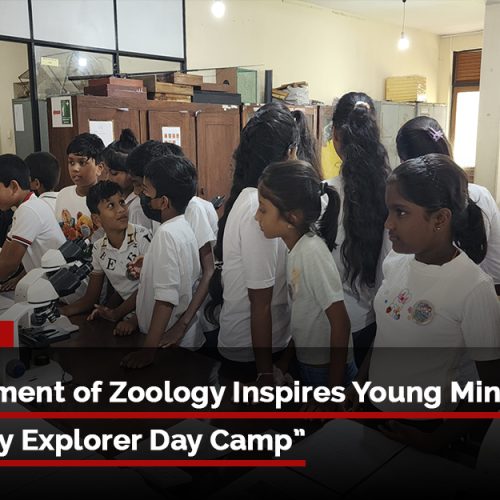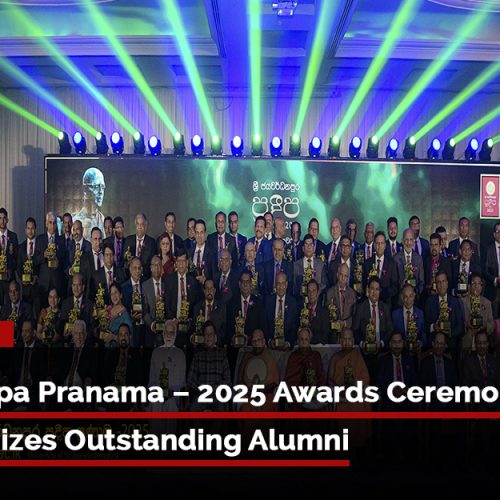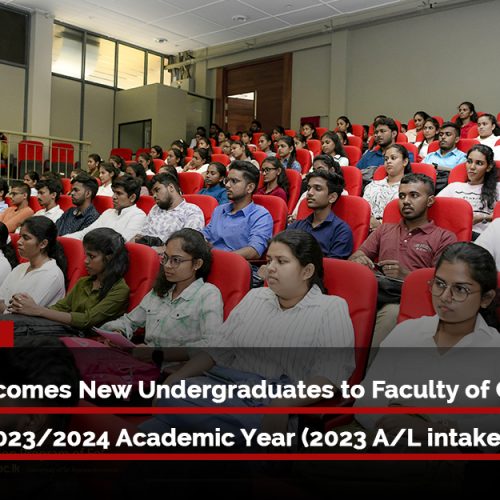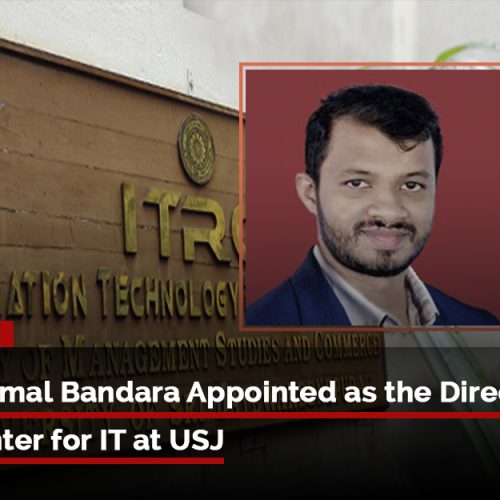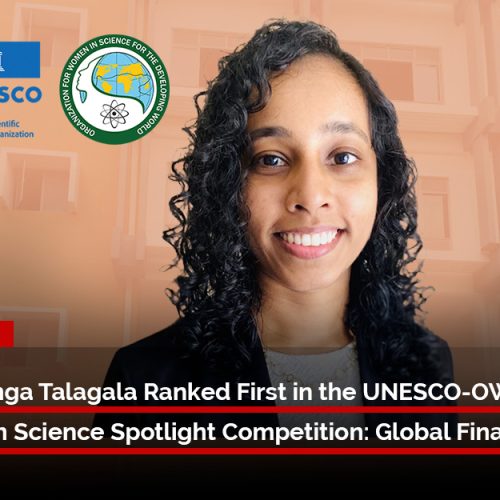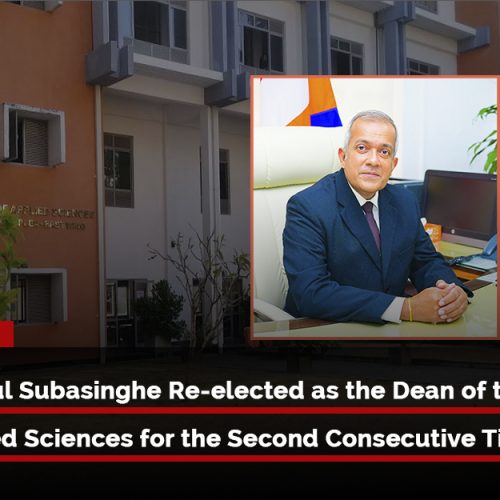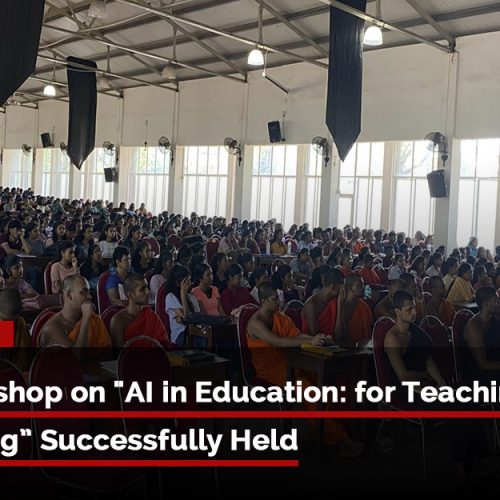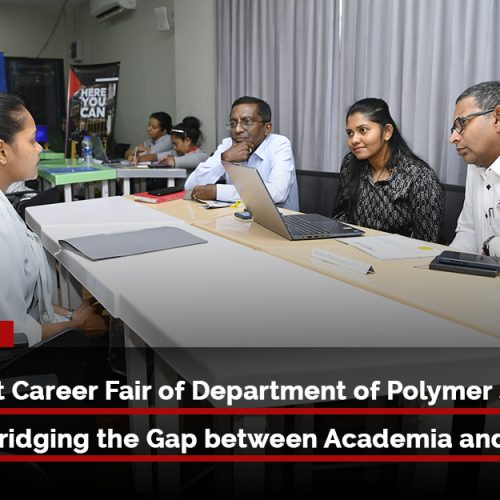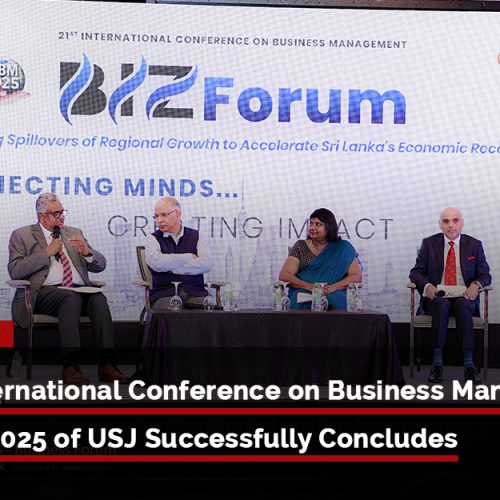Prof.Hemanthi Ranasinghe recently participated in a discussion on budget proposal 2016, with Hon.Ravi Karunanayake – Minister of Finance, organised by the Sri Lanka Rupavahini Cooperation. The discussion aimed to obtain the views of the business community and other professionals on the said budget proposal. Prof. Ranasinghe represented the Institute of Environmental Professionals and the University of Sri Jayewardenepura.
Issues concerning energy, industry, transport and consumer behaviour were some of the principal topics brought forward. Prof.Ranasinghe expressed her views on these heads in their environmental aspect and she also made suggestions that could be considered for a better outcome. Following are some key points of discussion.


